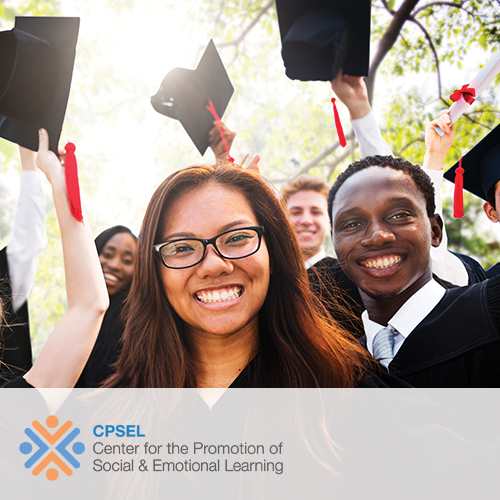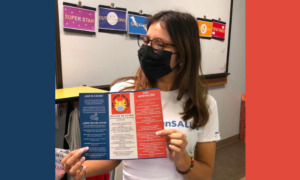
According to a 2013 survey, 50 percent of employers said they had trouble finding recent graduates to fill vacancies in their companies — not because they lacked technical prowess, but because they lacked the communication, adaptability, decision-making, and problem-solving skills needed to do the job. These so-called “soft skills” translate into social and emotional learning (SEL) in the world of academia. Several hundred research studies have documented that well- planned and well- implemented SEL programming can positively impact a broad range of student social, health, behavioral and academic outcomes. All these skills can be taught; and research shows that students and adults with these skills do better in school, in the workplace and in life (https://casel.org/impact/).
Most youth-serving organizations won’t be surprised by this information. In fact, most have known this for decades – long before social and emotional learning became a part of the education landscape. However, because of high stakes testing, limited time and budgets., social skill development took a back seat to academic instruction and was either relegated to the occasional lesson from a school counselor or was simply abandoned after the early childhood years.
What started as a sidebar conversation is now receiving a great deal of attention and emphasis from progressive educational leaders and practitioners. Many organizations have begun to implement evidence-based SEL programs, not just because they enhance academic performance but because they want their students to be ready for life beyond school. Our ultimate goal should always be for students to have productive lives, healthy relationships and fulfilling careers.
For SEL to be truly effective and long-lasting, it must be woven into everyday practice and policy. These skills have to become organic and a natural part of learning and interacting with others. After all, we don’t use our social skills, intuition, and problem-solving skills once a week at a certain time of day. So, how can we expect students to incorporate these skills into their lives with once-a-week instruction for 30 minutes or less?
One non-profit, the Center for the Promotion of Social and Emotional Learning (CPSEL), was recently launched to help youth-serving organizations with exactly this need. CPSEL was created to promote social and emotional learning and character development, bridging the gap between research and practice, for educators and practitioners in formal and informal settings. The Center’s work is grounded in the belief that people of all ages possess the ability to learn and grow and become well-equipped to navigate life’s successes and challenges.
“We envision a future where all learners will become socially and emotionally competent individuals of strong character,” states CPSEL Director, Shileste Overton Morris.
To that end, CPSEL offers a broad array of services including consulting, coaching and professional development. With decades of experience in SEL and character development and backgrounds in counseling, education, research and psychology, CPSEL staff have the expertise to assist with SEL assessment, program implementation and culture/climate change. CPSEL staff can also help integrate SEL into curriculum and instruction, school wide practices and policies, and family and community partnerships. Visit the CPSEL website, www.cpsel.org, for more information or contact them at cpsel@csc.csiu.org.






























